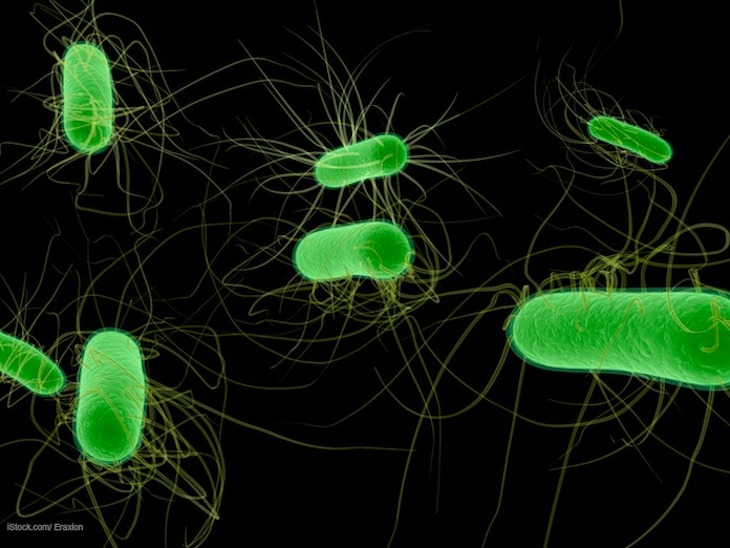A study published in the International Journal of Molecular Science looked at the effect of artificial sweeteners on gut bacterial pathogenicity. They found that artificial sweeteners may increase damage in the gut, by increasing the ability of bacteria to form a biofilm and the ability of the bacteria to adhere to, invade, and kill the host epithelium, which is the lining of the gut.

Researchers demonstrated that saccharin, sucralose, and aspartame all promote pathogenic changes in two model gut bacteria, E. coli and E. faecalis, which could “worsen the effect of consuming artificial sweetener in the diet on gut health.” This is important because bacteria growing in biofilms are less sensitive to antimicrobial resistance treatment and are more likely to express virulence factors and exotoxins. The scientists did find that sweeteners have differential effects on pathogenicity in both pathogens.
The study also found that zinc sulphate can block the impact of sweeteners on pathogenicity, which indicates the presence of a sweet taste sensor in bacteria. However, there is no literature indicating the presence of a sweet taste receptor, but it may be that the sweeteners cause DNA damage in bacteria.
In addition to artificial sweeteners increasing the ability of gut bacteria to invade epithelial cells, with the exception of saccharin, they also have a negative effect on intestinal epithelial cell apoptosis (death) and permeability. This may increase the opportunity for bacteria to get into the gut and then the bloodstream and cause septicemia.
These sweeteners have been detected in wastewater, surface water, ground water, and drinking water systems. And they have been linked to increased horizontal transfer of antimicrobial resistance genes in environmental and clinical settings.
The study concludes with these words: “Taken together, findings demonstrate the effect of artificial sweeteners, saccharin, sucralose, and aspartame, in increasing the pathogenicity of model gut bacteria, E. coli and E. faecalis, through a taste-dependent pathway. Further studies are needed to understand the molecular mechanisms responsible for these pathogenic effects with the aim of reducing the negative impact of sweeteners on gut health.”
Int. J. Mol. Sci. 2021, 22(10), 5228; https://doi.org/10.3390/ijms22105228




